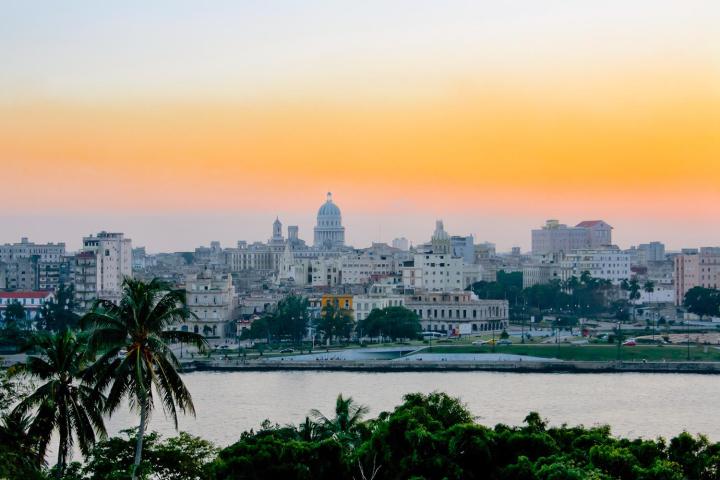
Still, according to Ted Henken, a professor at Baruch College, this latest decision by policy makers marks a “turning point” in Cuba’s connectivity. In an interview with The New York Times, Henken remarked, “Their model was, ‘Nobody gets Internet.’ Now their model is, ‘We’re going to bring prices down and expand access, but we are going to do it as a sovereign decision and at our own speed.’”
Of course, while this may represent a leap in Cuba’s telecommunications, it’s still a longshot from the type of Internet connection many Americans take for granted today. With speeds of just 1Mbps and system capacities of just 50 to 100 users at a time, the mere presence of these hotspots doesn’t actually guarantee effective access. But regardless, the symbolism of this latest announcement cannot be overlooked.
Many young Cubans, the Times reports, are frustrated by their inability to communicate with the rest of the world, and by their lack of information about even local happenings. “Young people don’t talk about politics,” a 25-year-old named Hector told the Times, “What they are most worried about is being able to connect to the Internet.”
Hopefully, this change will begin to shift the content of the dialogue and bring meaningful change to Cuba in the months to come.


